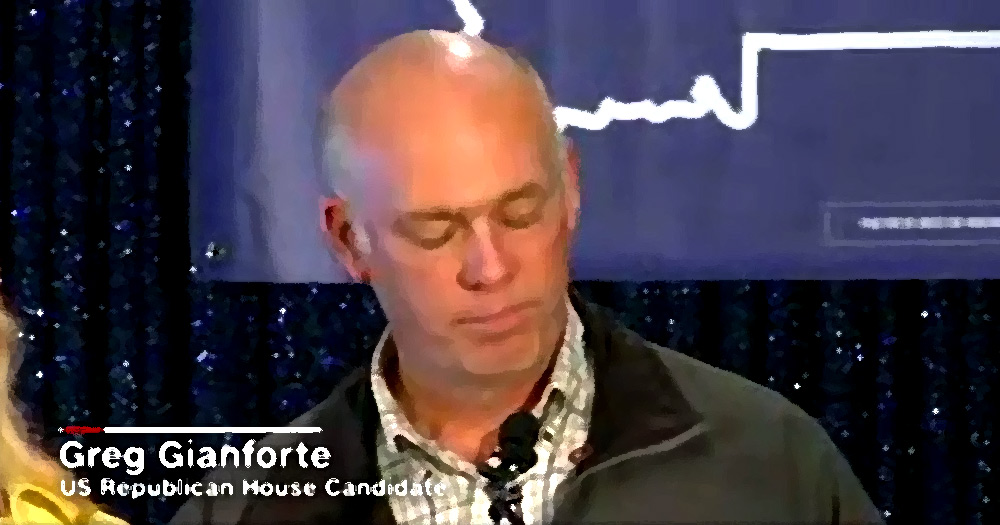Housing in Oregon’s north-central urban region is becoming more and more like San Francisco’s — out of the budgetary reach of huge swaths of average workers.
“The median rental household can’t comfortably afford a two-bedroom apartment in 28 of Oregon’s 36 counties,” Elliot Njus writes for The Oregonian. But it is worst in Portland and the three counties in the region: Multnomah, Washington, Clackamas.
The findings come from a group called the National Low Income Housing Coalition. Njus quotes Alison McIntosh, of another group, the Neighborhood Partnerships, who not unreasonably concludes that “folks are really struggling to make ends meet.”
Well, yeah. This was predicted, long ago.
The state of Oregon began a comprehensive land-use planning system, decades ago, to prevent urban sprawl. At about the same time the Portland-region’s three major counties began a concentrated effort to . . . concentrate populations within the area. Confine them. Regulate them. Economists and other critics* from the very beginning predicted rising housing costs. And other problems.
Now, of course, the usual groups react in precisely the wrong ways: rent control. The State House in Salem recently passed legislation to uncork rent control. Thankfully for renters, the Senate nixed the idea.
But we can be sure this proven housing killer (a disaster where tried) will resurface. Common sense (as well as reams of economic research) tells folks how bad an idea this would be, exacerbating the problem it aims to solve.
Alas, some folks look at government more as magic than as just another flawed, human institution.
This is Common Sense. I’m Paul Jacob.
* One set of critics can be found at the Cascade Policy Institute, which describes Oregon’s land-use regulatory system as “the nation’s most restrictive” — adding that “every square inch of Oregon has been zoned by government planners, with the result that development of any type is prohibited on most private land.”











